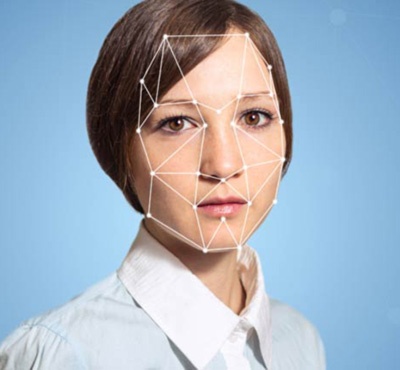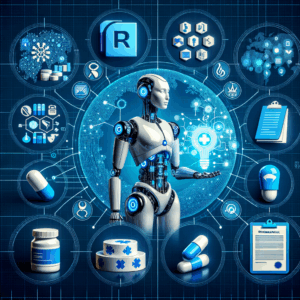Case Study:
Using AI in Precision Identification of Patients With Rare Diseases
AI-Powered Rare Disease Patient Identification and Diagnosis
Rare diseases offer diverse challenges. With Pharma offering rare disease medication, if you can find the patient, they will take your drug; however, finding the patient is the tricky part.
The Client Problem
The client had a rare disease drug with minimal competition.
• The illness is so rare, however, that the main difficulty was finding patients.
• Very few physicians were likely to come in contact with these patients.
• Finding these patients early is critical as the illness progresses.
The Solution
• Certain facial traits were common to sufferers of the condition.
• Eularis created facial recognition software that identified patients with the condition
• It then crawled internet properties, (Facebook and Flickr etc), to find patients from online photos
• This allowed for faster identification and treatment before it was too late for these patients.
• However, due to sensitivity, the identification was addressed in a more palatable way.
• Once patients were identified, targeted advertising of keywords on Google PPC was prepared.
• Therefore, only when a search was conducted on the symptoms by the family, would this be activiated
• This triggered an ad leading them to our client’s website where they could self diagnose
The Outcome
Thirteen new patients were identified very rapidly. At a cost of $500,000/patient/year for the rest of their life, the ROI is undeniable.
To achieve these kinds of results, contact Eularis today.

Latest News
Read our latest blogs here.

Competing and Winning Using AI in Healthcare
I keep finding disruptive AI that solves healthcare marketers’ problems and delivers real ROI in the solutions. But the companies offering them have only 1

AI-Powered Transformation in Pharma Regulatory Affairs
One of the biggest hidden tax on pharmaceutical innovation today is the burden of global regulatory drag. We work in a world where a single

Why Companies That Wait for AI to Mature Are Falling Behind
AI is not just transforming industries; it is also transforming the way we compete. What used to be a luxury is now table stakes, forcing
